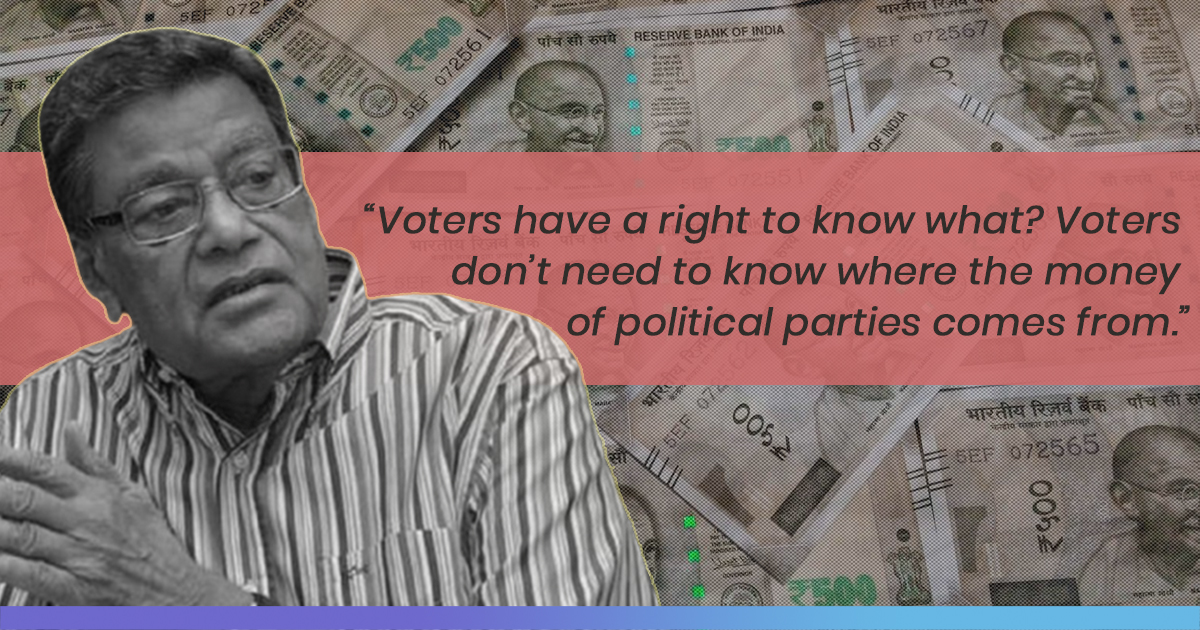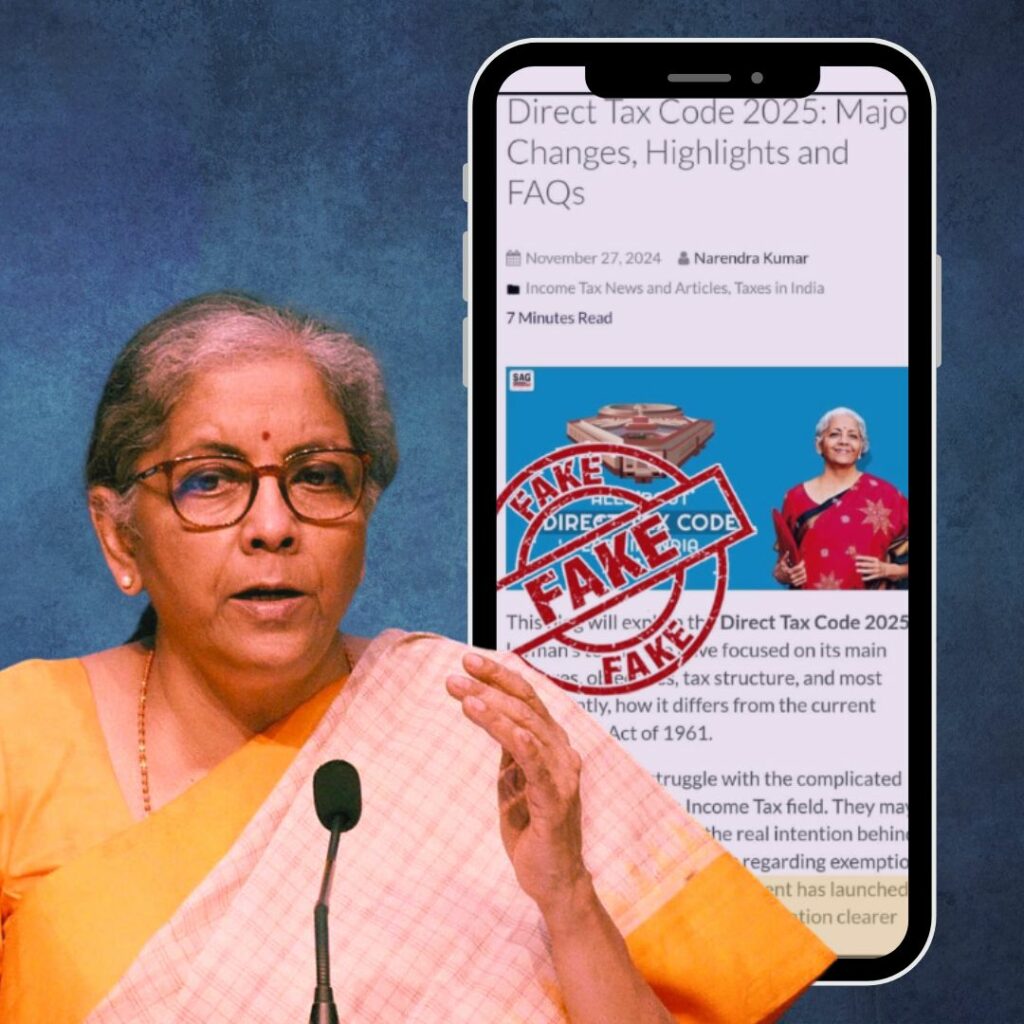On April 11, the Supreme Court reserved its order on a Public Interest Litigation (PIL) which challenged the electoral bonds scheme. This PIL was filed by NGO Association of Democratic Reforms (ADR).
The court said that the verdict on this would now be pronounced on April 12. However, one of the main highlights of this court hearing remains to be Attorney General KK Venugopal’s, who is representing the government, comment.
He told the court, “It is not voters’ concern to know where the money comes from. Transparency cannot be looked as a mantra. What are the realities of the country? This is a scheme that will eliminate black money from the election,” as reported by LiveLaw.
The votes have a right to know what? Why are they bothered about where the money comes from? – AG#ElectoralBonds #Elections2019
— Live Law (@LiveLawIndia) April 11, 2019
“Voters don’t need to know”
The Supreme Court bench headed by Chief Justice of India (CJI) Ranjan Gogoi asked AG if the bank issues electoral bond, it will have the details of the bond being issued. To this AG replied in negative. To this CJI Gogoi said that in that case, the “entire exercise of trying to fight black money becomes futile”.
AG KK Venugopal had said that the purpose of electoral bonds was to eliminate the use of black money in elections. He called the scheme to be a matter of policy decision of the government and that “no government can be faulted for taking policy decisions.
Prashant Bhushan, who was appearing for the petitioners argued that the electoral bond scheme has done nothing to curb black money. “All that you have done through the scheme is to open a banking channel also to donate anonymously,” said Bhushan.
What are electoral bonds?
Electoral Bond refers to a bond which has its specified face value, mentioned on it like a currency note. These bonds can be used by individuals, institutions and organizations to donate money to political parties. The central government had announced to launch electoral bonds during the budget of the financial year 2017-18. This initiative was taken to ensure transparency in the election funding of the political parties by introducing electoral bonds worth Rs 1,000, Rs 10,000, Rs 1 lac, Rs 10 lacs and Rs 1 crore that can be bought from selected branches of State Bank of India by any citizen of India.
Every party which is registered under section 29A of the Representation of the Peoples Act, 1951 and has secured at least 1% votes polled in the most recent Lok Sabha or State election will be eligible to receive fund through electoral bonds. Every donor has to give his KYC details to the bank and the bank shall keep the identity of the buyer secret. The bonds will be available for purchase for a period of 10 days each at the beginning of every quarter. In the year of Lok Sabha elections, 30 days extra will be provided. The political parties would have to inform the election commission about the funds they have collected through bonds. According to this scheme, anyone can buy the donor bond from this bank, which will be encashed within a time limit. These bonds are then redeemable in an account which is owned by one party. One political party will have one account.
But some critics believe that in this rule, the identity of the donors will be kept confidential; so the real results of electoral bonds will not be much encouraging. Actually, there are many grey areas in this because when there is no ceiling on party expenditure and the EC cannot monitor it, how can you be sure that what is coming in is not black money as there is secrecy about the donor. Even foreign money can come and even a dying company can give money now because the clause that insisted that only companies with a minimum 7.5% profit in the last three years could donate has been removed. So, prima facie it appears the scheme cannot really deliver what it wants. Unregulated expenditure, paid news and fake news are major emerging threats to any election as pointed out by the ECI.
Also Read: With Lok Sabha Election 2019 Knocking At Door, Know What Electoral Bonds Are










